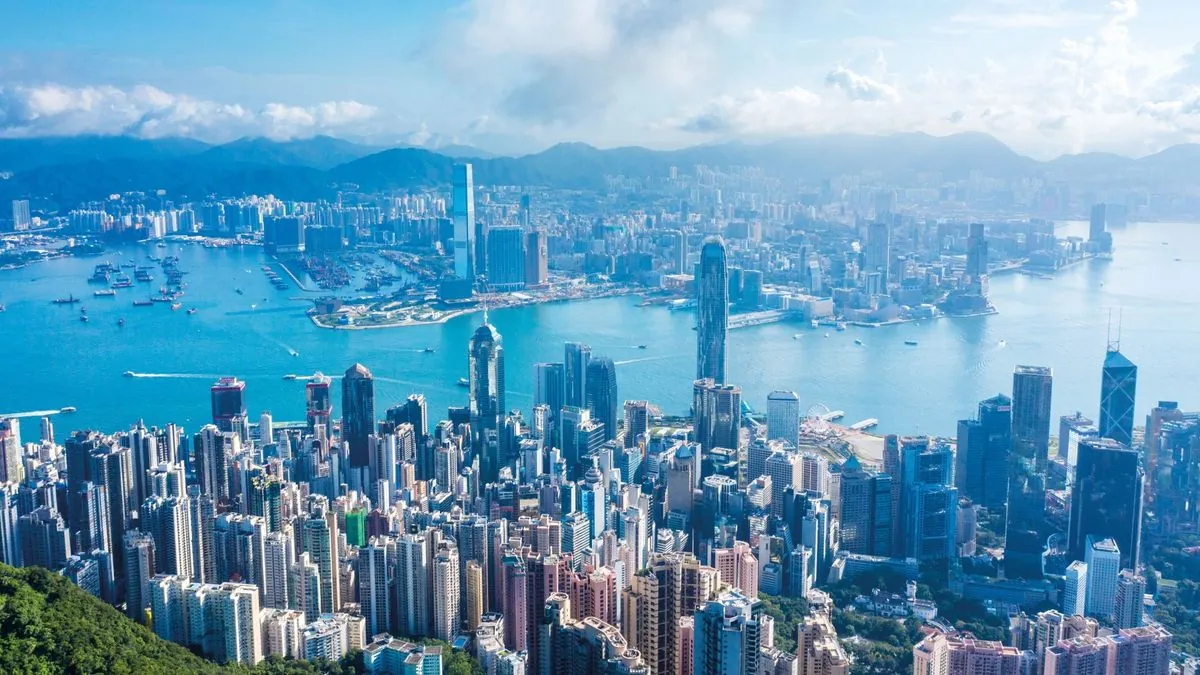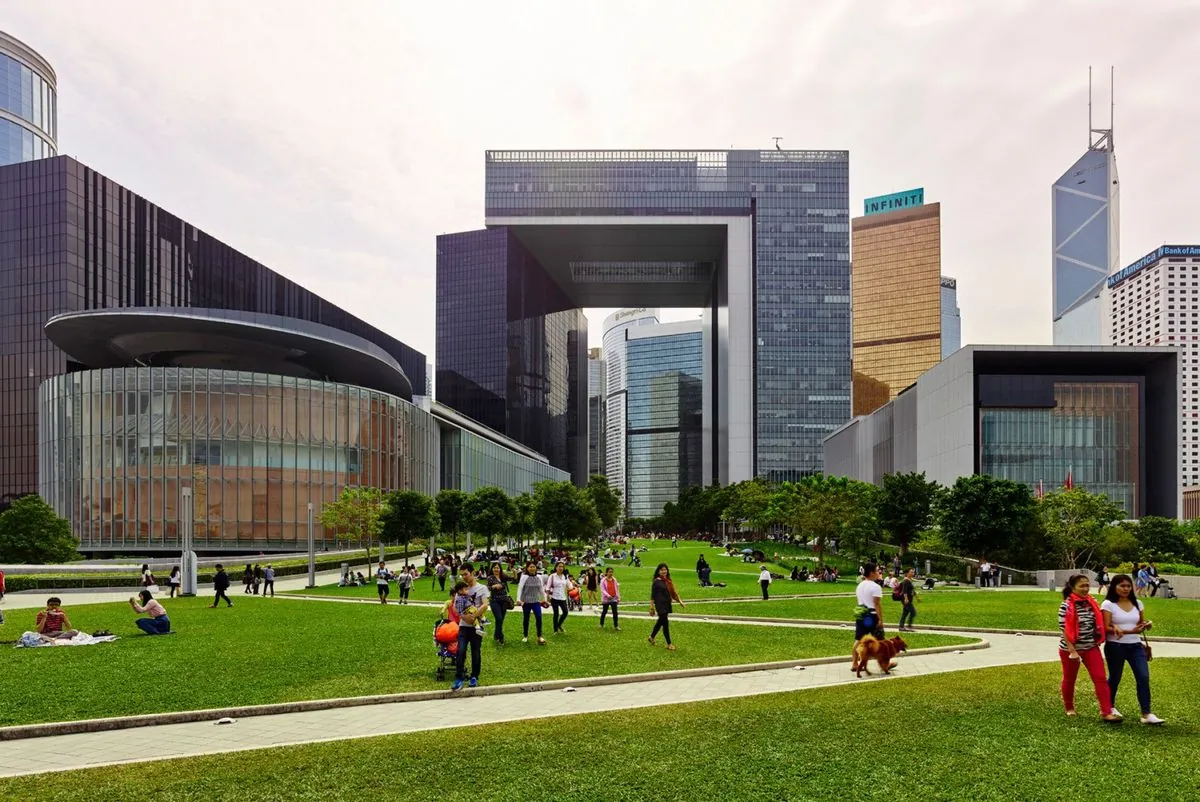U.S. Bill Threatens Hong Kong Offices Amid Rising Tensions with China
U.S. House passes bill potentially closing Hong Kong's representative offices in America. Hong Kong and China strongly condemn the move, calling it politically motivated and threatening countermeasures.

The U.S. House of Representatives has approved a bill that could lead to the closure of Hong Kong's representative offices in America, escalating tensions between the United States and China. The Hong Kong Economic and Trade Office Certification Act passed with overwhelming bipartisan support, reflecting a growing consensus in Congress on the need to counter Beijing's influence.
Algernon Yau, Hong Kong's Secretary for Commerce and Economic Development, strongly criticized the bill's passage, describing it as political slander against the city's national security laws. Yau cited a survey by the American Chamber of Commerce in Hong Kong, claiming that about 70% of respondents reported no negative impact from the Beijing-imposed security law.

The bill, which passed 413-3, proposes to require the White House to revoke certain privileges extended to Hong Kong's three Economic and Trade Offices in the U.S. if the city no longer enjoys a high degree of autonomy from China. These offices, located in Washington, New York, and San Francisco, would have to cease operations within 180 days if the U.S. Secretary of State determines they no longer merit their privileges.
Chris Smith, chair of the Congressional-Executive Commission on China, described the act as a "necessary next step" in demonstrating solidarity with Hong Kong's citizens. The bill comes in response to Beijing's imposition of a national security law in 2020, which critics argue has significantly eroded the freedoms promised to Hong Kong when it returned to Chinese rule in 1997.
"The bill was a much-needed response to hold the Hong Kong government accountable for their blatant human rights abuses."
Since the implementation of the security law, authorities have arrested numerous pro-democracy activists, including Apple Daily founder Jimmy Lai and former student leader Joshua Wong. The U.S. has previously taken action by revoking Hong Kong's preferential trading status and imposing sanctions on high-ranking officials.
Hong Kong, a former British colony, has a unique status as one of the world's leading financial centers. The city's economy is characterized by its free market principles, low taxation, and well-established international financial market. Its stock exchange is Asia's third-largest in terms of market capitalization, and the Hong Kong dollar is the eighth most traded currency globally.
The city's government maintains 14 overseas trade offices to strengthen economic, trade, and cultural ties with foreign territories. However, these offices have come under scrutiny recently, with an office manager in the London branch charged in May 2024 for allegedly assisting Hong Kong's intelligence service.
As tensions continue to rise, both Hong Kong and Chinese authorities have threatened countermeasures if the U.S. proceeds with closing the representative offices. The bill's passage marks another chapter in the complex relationship between the United States, China, and Hong Kong, highlighting the ongoing challenges in balancing economic interests with human rights concerns.


































